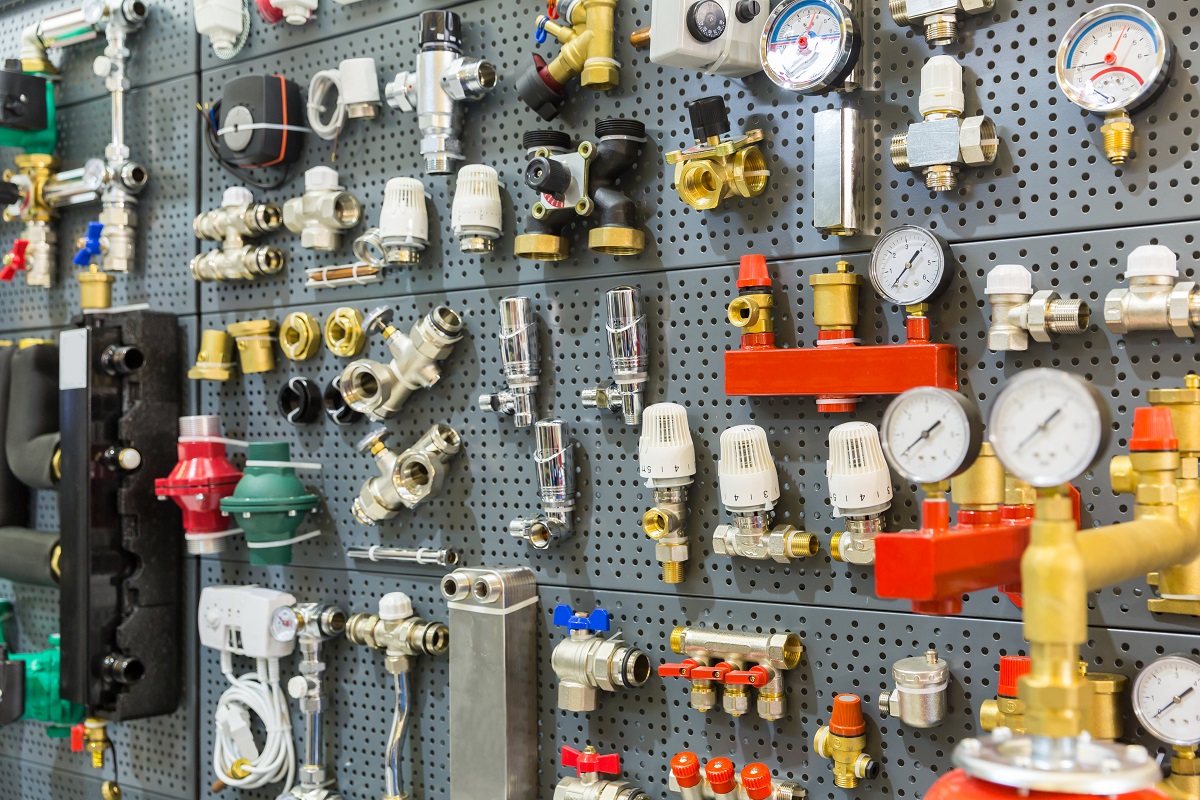Water fountains have been popular as indoor and outdoor decor for centuries, with the first known examples dating back to ancient Greece. Today, custom made water fountains are available for both residential and commercial properties, offering a range of benefits.
Aesthetic Appeal
One of the most obvious benefits of custom made water fountains is the aesthetic appeal they offer. Whether you choose to install a large outdoor water feature or a smaller indoor fountain, these custom pieces can help transform the look and feel of your home or business. The sound of running water can create a calming and peaceful atmosphere, and the sight of a beautiful water feature can be a great talking point. You can also go to the website to know more about water fountain design.

Image Source: Google
Increase in Property Value
Having a custom made water fountain installed can also add to the value of your property. Home buyers and commercial tenants often appreciate the visual appeal of a fountain, and may be willing to pay more for a property with a unique feature such as this.
Low Maintenance
Contrary to popular belief, custom made water fountains require very little maintenance. Many fountains are self-contained units that are simple to set up and run. Once the fountain is installed, all that's required is a regular cleaning and occasional water changes.
